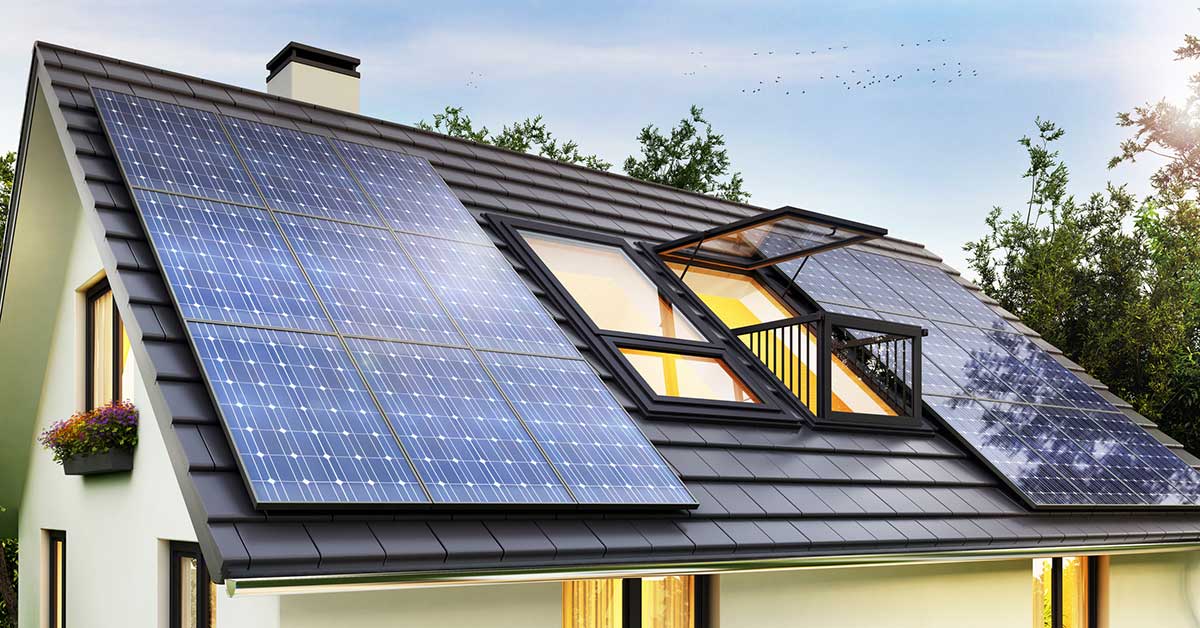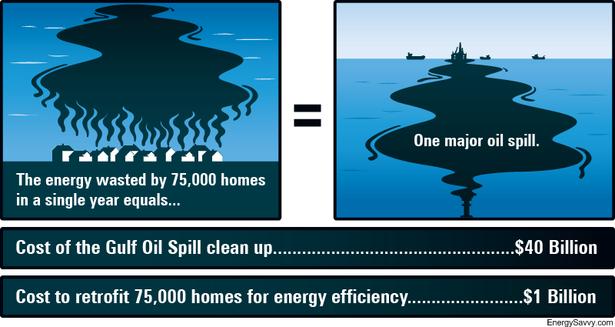
California Is Making Net-Zero Homes The New Standard
Vermont, Rhode Island, Oregon, Washington, the District of Columbia, and Massachusetts are following suit
The term, “Net-Zero Home” sounds as if it came straight out of a sci-fi novel – but it’s actually an energy efficient building concept that may soon become the standard. California is leading the way with legislation created to help the state become as energy efficient as possible. The California Energy Efficiency Strategic Plan requires all new homes be constructed in a way that makes them net-zero by 2020. According to CNBC, “The U.S. has an estimated 5,000 net-zero energy single-family homes today; California could add 100,000 a year.”
So what exactly is a “net-zero” home? The Zero Energy Project explains that net-zero, or zero energy, homes “are regular grid-tied homes that are so air-tight, well insulated, and energy efficient that they produce as much renewable energy as they consume over the course of a year, leaving the occupants with a net zero energy bill, and a carbon-free home.”
An average non net-zero home, in the United States uses about 10,399 kilowatt hours (kWh) a year. Because a typical home doesn’t have solar panels that generate energy, those 10,399 kilowatt hours are considered wasted. EnergySavvy, puts that data in perspective. “The energy contained in the biggest oil spill in U.S. history is equal to the energy that just 75,000 homes waste in a single year.

California may be setting the standard, but other states are following suit. A CleanTechnica article reported that, “According to the American Council for an Energy-Efficient Economy (ACEEE), Vermont, Rhode Island, Oregon, Washington, the District of Columbia, and Massachusetts have incorporated net zero-energy construction into long-range plans.”
You don’t actually have to live in California, or construct a new home to live in a net-zero house. The Zero Energy Project is a great resource for homeowners who can’t afford to outsource a net-zero renovation, or just prefer to do it themselves. They also have a list of home builders who specialize in new construction as well as retrofitting older homes for zero energy consumption.
Harvard University retrofitted a pre-1940’s house on their campus to make an experimental, converted zero energy home. They did so with the understanding that the construction of new, net-zero homes alone isn’t the singular answer to our energy problems. The goal of this “living laboratory” is to learn how to efficiently retrofit a home so that it can produce more energy than it consumes.
Time to Focus on Affordable Housing
Taxes on real estate are not the answer. Sign the petition calling on Congress to address our country’s housing shortage.





